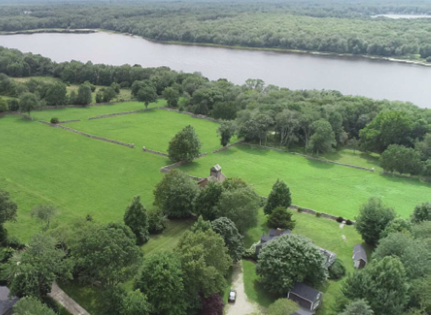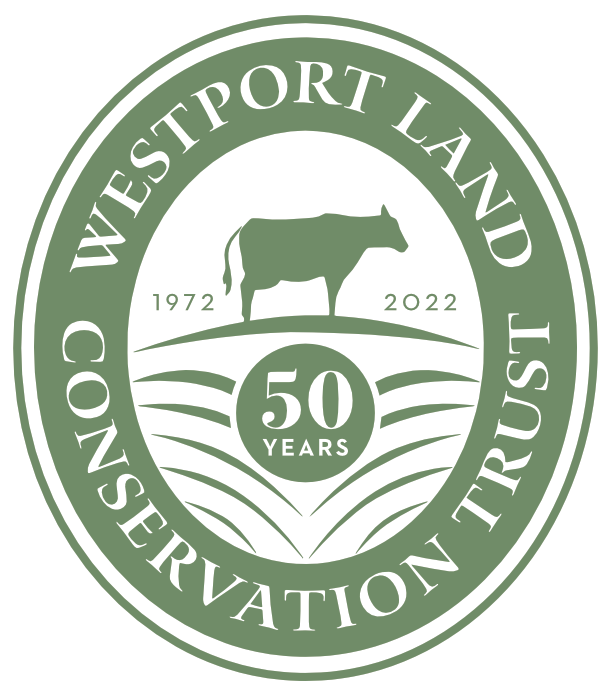
WLCT is so grateful for all of our fantastic supporters and the greater Westport community. We are honored to be the organization to facilitate preservation of Westport’s unique and iconic natural resources. You may often see messages from us that say, “Help WLCT preserve this place forever” or “This land has been preserved for future generations” and wondered, what does preserve mean in the practical form?
Preservation in Conservation 101
Land preservation began over 110 years ago in Massachusetts, initiated by the Trustees of Reservations–the oldest land trust in the world! A concerned group of Boston citizens were inspired to preserve the surrounding natural resources, understanding their role in adding value to the quality of life in the Commonwealth. Clean water, fresh air, locally produced food, a place to enjoy the outdoors, and a place to witness our one-of-a-kind planet earth in action. Thus started a movement to “preserve” these places for future generations to enjoy.
Preserve in the practical sense means to exercise various legal mechanisms in order to set aside a piece of land in perpetuity for its conservation values.
A piece of property might have prime soil for agriculture, a key water resource, large contiguous forest, core habitat, or other particular natural resources. In modern day, the property might be of great passive recreational value for the public or be a useful educational tool.
We seek these places out and define their value to the public and their contribution to public well-being.
The Mechanism for Preservation
After finding and defining a specific property to be preserved, a “qualified conservation organization,” such as a land trust or municipal conservation organization, collaborates with landowners to preserve the defined conservation values of the land utilizing three main tools in Massachusetts:
- Qualified conservation organization takes ownership of the land. A land trust or municipal body can accept the donation of land or purchase land to own as the primary stewards in perpetuity. These opportunities often lead to place like Westport Woods, where a landowner works with WLCT to preserve a special place in the community for future public use. Then, WLCT creates a place for the community to enjoy passive recreation with trails, children’s discovery garden and so much more! WLCT currently stewards over 115 parcels of land containing 1,600 acres open to the public.
- Conservation Restriction (CR). In this opportunity, the qualified conservation organization works with a landowner to preserve conservation values on their private property by removing future development potential utilizing a legal mechanism specifically defined by Massachusetts General Law (MGL).
- A CR is in fact an “easement” on a piece of land, but is one of only three easements intended to be perpetual.
- The landowner retains the ownership of the land, the qualified conservation organization monitors the property annually to ensure each subsequent landowner cares for the defined conservation values into the future.
- WLCT has collaborated with various partners over the years including the Town of Westport and the Trustees of Reservations to secure 58 CR’s across Town.
- Agricultural Preservation Restriction (APR). This opportunity is led by the Massachusetts Department of Agriculture (MDAR), in partnership with local qualified conservation organizations to preserve a piece of land for its agricultural value. An APR is an easement nearly identical to a CR, but goes further in detail with a requirement that the land remain in agricultural production in perpetuity. WLCT has supported MDAR and 29 landowners to preserve over 2,000 acres in the APR program.
In all of these cases, preservation is defined by the transfer of a landowners ownership or development rights to set aside land containing key natural resources or conservation values for future generations!

